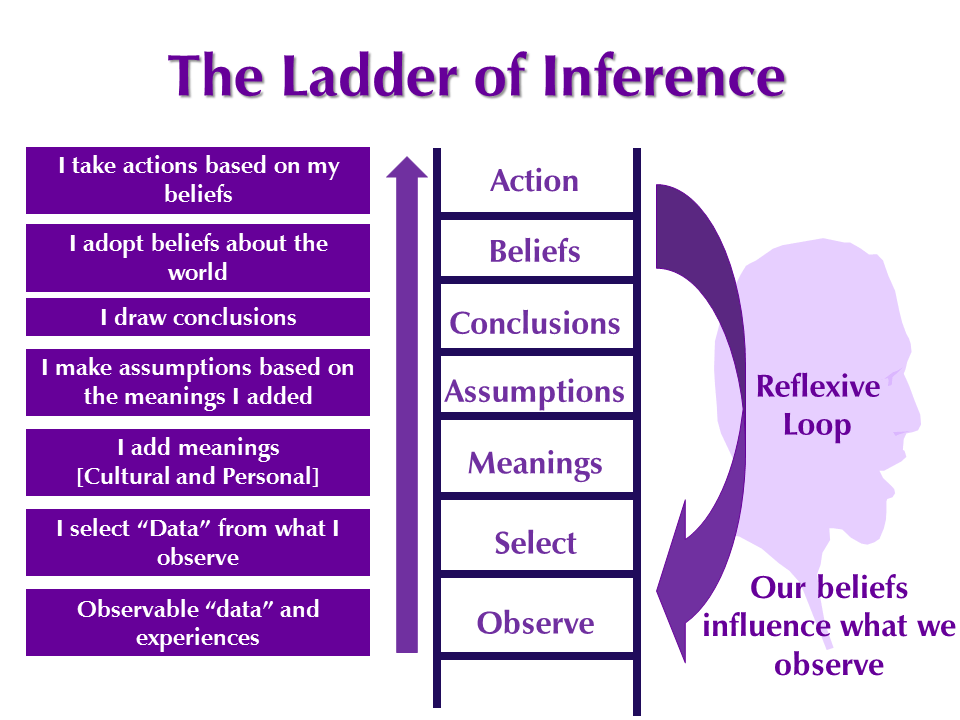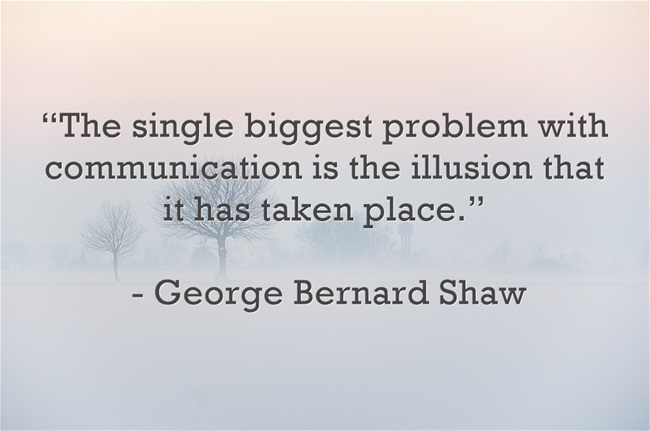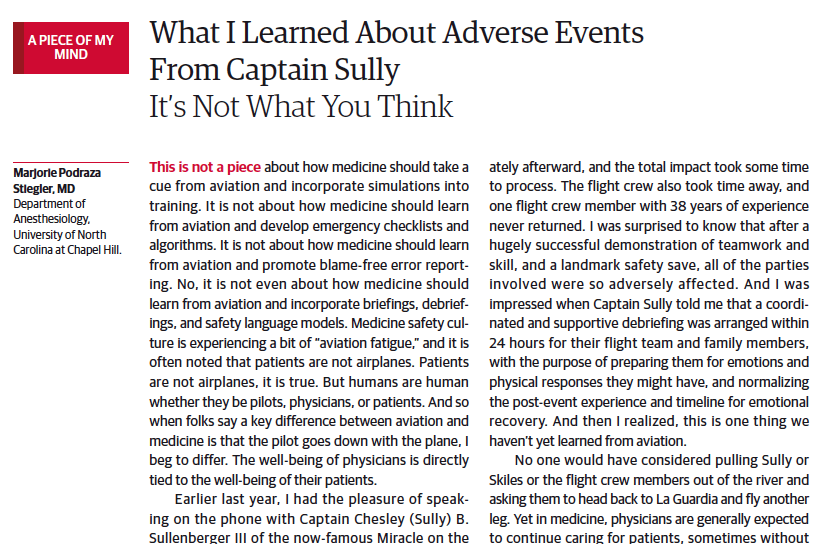BX2015 Highlights: The 2015 International Behavioural Exchange Conference
Did you know? The relentless stress caused by poverty has the same effect as reducing your IQ by about 15 points. And if you look even a little bit poor, you are also perceived as incompetent – so things are only looking worse for you tomorrow. Most people lie and...
Kahneman and Thaler – Should I Go in the Water?
I first dipped my toes in the waters (no pun intended) of behavioral psychology and the adaptation of those principles to medical decision making in 2008, with my first national presentation on the subject of “cognitive error” – the mistakes and misjudgments made by...
A Mega-Multitasker’s Summer Update
Since my last post – an opinion survey about the increasing practice of live-tweeting speakers’ slides – I’ve been taking some time to reflect, recharge, and realign my life. In academic medicine, July is a bit like New Year's Eve, so it is the time I evaluate,...
Stick to a self-imposed achievement ceiling (even if you’re not overextended)
Sometimes it feels like you’re in the middle of the “next big thing” – energy is high, opportunities are plenty, and you are burning the candle at both ends. While you may be making great strides towards your goals during these times, you might be surprised to know...
Medical Decision Making and The Ladder of Inference
My husband and I have this recurring debate whenever we’re driving and someone cuts us off or does something dangerous: is that guy an idiot, or is that guy a jerk? Basically, we’re debating whether the other driver’s action is a reflection of inconsideration or...
Unintended Consequences of Teamwork in Healthcare
Teamwork has long been promoted as the panacea to medical errors and suboptimal care processes in medicine. For about two decades now, healthcare institutions have invested heavily in team training of various sorts, with a particular emphasis on communication...
ER Doctor Cries After Losing 19 Year Old Patient
Thank you social media. Thank you for sharing the image (posted with permission) of an ER physician crying after the loss of a young patient. And thank you, Reddit, for the thousands of comments that make this kind of "viral" content reach so much further...
Three Reasons We Are Still Making So Many Decision Errors
It is estimated that the volume of knowledge is doubling at least every 8 years. This rate of expansion overwhelms our capacity to stay abreast of emerging knowledge, even in the ever-narrowing micro-specialization of medical practice. New careers are created...
Communication Failure: More Common Than You Think
Why is communication so pervasively difficult? We see year after year that communication failures top the lists of root causes for sentinel events reviewed by The Joint Commission. Few people would classify themselves as poor communicators, and yet, communication...
What Does Patient Centered Care Really Mean?
Earlier this week, I read a moving piece in The New York Times called "When ‘Doing Everything’ Is Way Too Much" by Dr. Jessica Zitter. She explores the unintended consequences of the shift from paternalistic medicine to what we call "patient centered care" today, in...
Reactions to My JAMA Article with Capt. Sully: More Than I Expected
"I may have experienced PTSD, causing memories of that event to be very deeply etched. I can, after 25 years, describe her in fine detail, down to the dress she was wearing and her hair-do. No other patient remains so clear to me." Yesterday, the January issue of...
Do More of Your Best Work With One Simple Word
Best success advice ever? “The difference between successful people and really successful people is that really successful people say no to almost everything.” Warren Buffet would know - he's really successful. Then, the famous Steve Jobs on how to focus: Tony Blair,...
Changing Your Brain to Be a Better Leader
[vc_column_text pb_margin_bottom="no" pb_border_bottom="no" width="1/1" el_position="first last"] Can changing your outlook really change the world? Does "reframing" really work, or is it just wishful thinking? This week, I had the pleasure of speaking at the...
Vulnerability is the Key to Success, Regardless of Your Industry
[vc_column_text pb_margin_bottom="no" pb_border_bottom="no" width="1/1" el_position="first last"] My last post was about how vulnerability, often thought of as a flaw to be squashed, can be really important for medical decision making and patient safety. This was...
What Oprah and Brené Brown Know About Better Medical Decisions
[vc_column_text pb_margin_bottom="no" pb_border_bottom="no" width="1/1" el_position="first last"] Maybe this would be better titled "What Oprah and Brené Brown Don't Know That They Know About How Vulnerability As Strength and Confidence Could Improve Medical...
Memory, Cognition, and the Acquisition of Medical Expertise
[vc_video link="https://www.youtube.com/watch?v=ZUXGK8YxUbo" size="650x400" full_width="no" width="1/1" el_position="first last"]
How to Never Be Wrong
My last post discussed how the building blocks of expertise and experience - stored memory collections of events and ideas - are the repository from which we make diagnostic and therapeutic decisions. Now, let’s consider three key strategies that may assist us in...
Don’t Believe Everything You Think: Why We Can’t Trust Our Own Experiences
Are our memories true histories, or just stories? Experience is critical to acquisition of expertise, and yet memories of our experiences are often incomplete and sometimes incorrect. Let’s consider experience, and how the same processes that lead to expertise may...

















